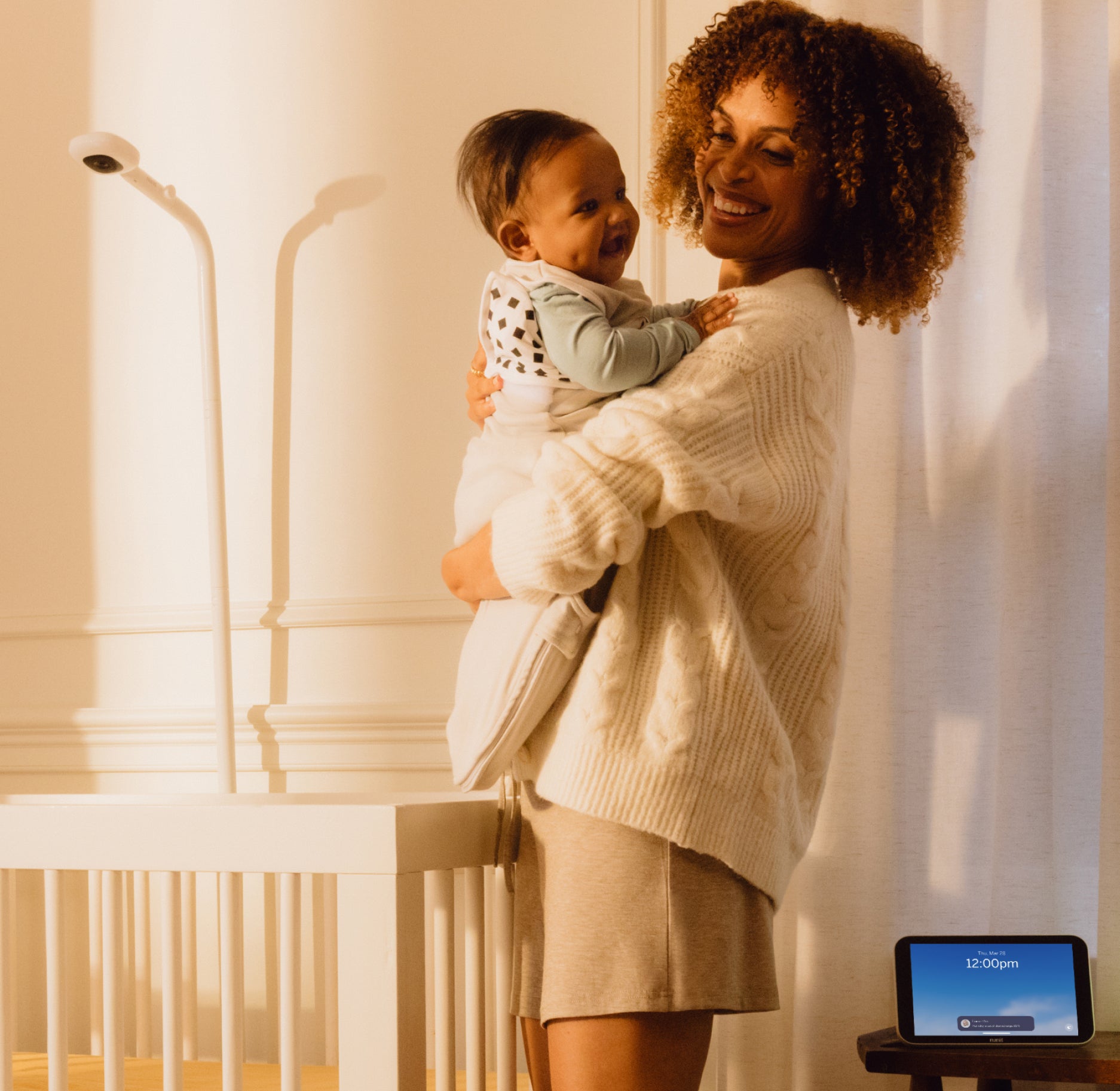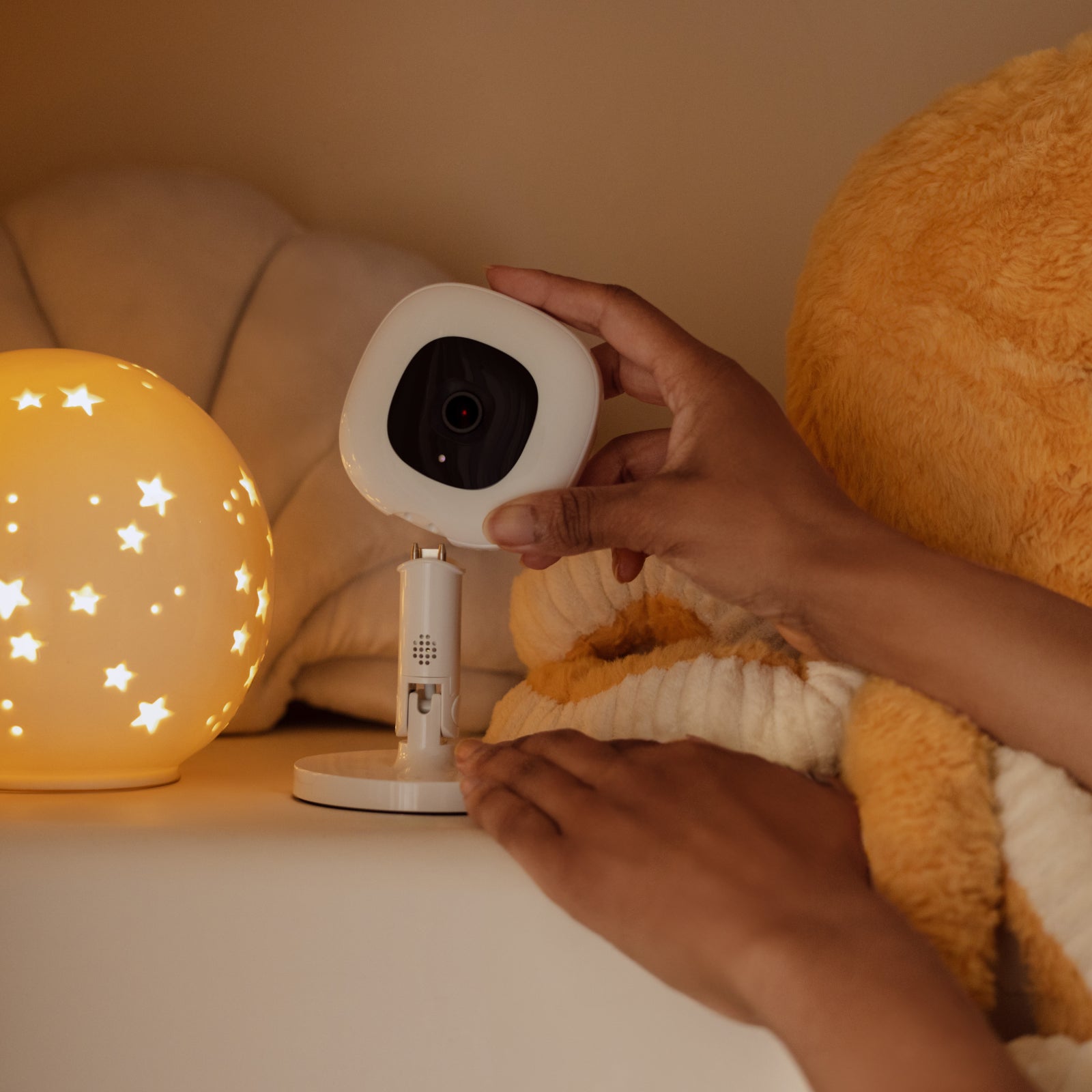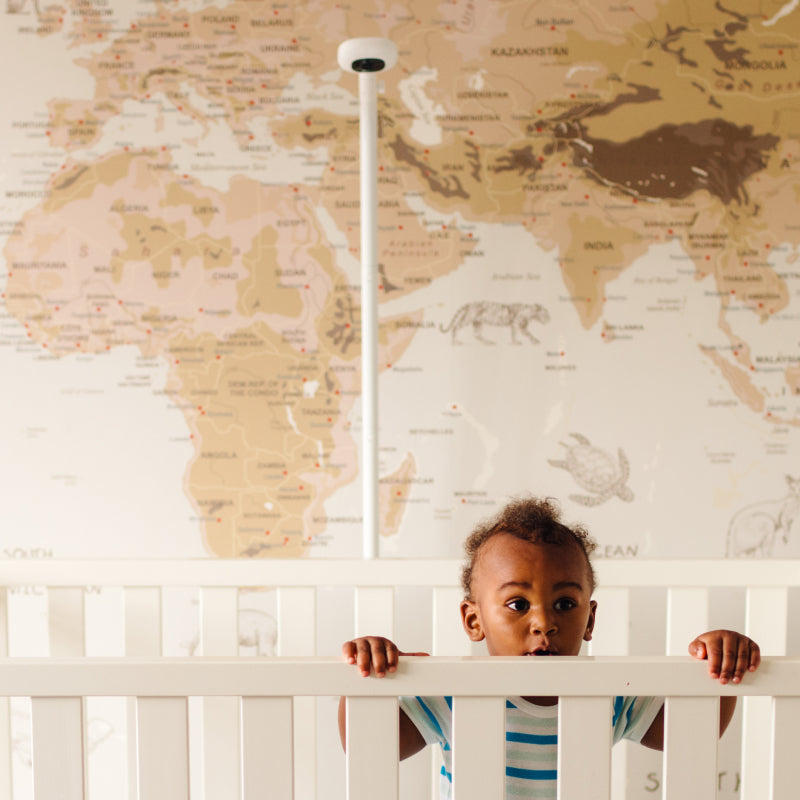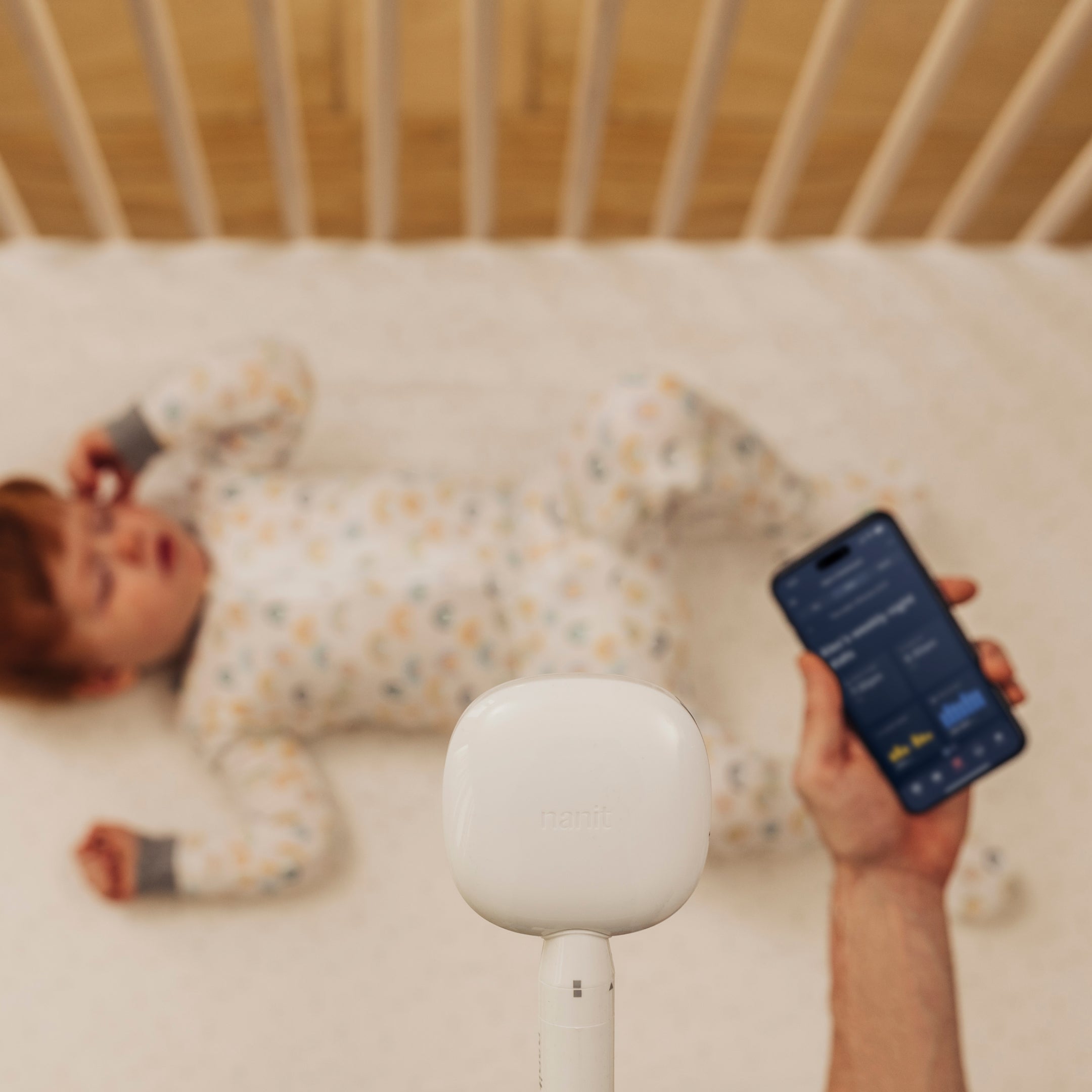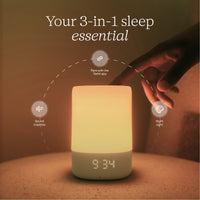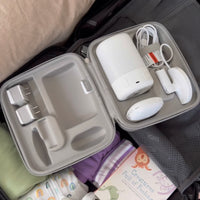In our Ask an Expert series, we culled the most popular questions from our Nanit Community to bring you the answers, straight from our group of Nanit Lab experts. Parenting isn’t a solo mission, and at Nanit, we believe in the power of information, education, data and resources so that we can empower you to be the best, happiest parent you can be, and to have all of the answers at your disposal (even when you feel like you have none!).
First up - bedtimes, and how to choose the appropriate time for your baby.
Determining the right bedtime for your baby can be somewhat of a guessing game. Put them to bed too early, and you might find yourself catching sunrise every morning. Put them to bed too late, and you’ve got one fussy, extremely exhausted baby. We get it. By the time your older one finishes up their last episode of Bluey, the dishes are clean and put away, and your partner just got home from work, that bedtime can have a way of creeping later and later. But one thing we know is that a successful sleep strategy relies on consistency and giving your baby the appropriate amount of sleep they need.
So how do you determine the right bedtime for your baby when so many other factors seem to get in the way? Enter Dr. Natalie Barnett, VP of Clinical Research at Nanit and our resident sleep expert who seems to know all. Here, Natalie outlines what to think about when deciding your baby’s bedtime and how to keep to your schedule despite everything else that gets in the way.
Take Stock Of Your Family’s Lifestyle
“Most babies want to be in bed somewhere between 6-8 p.m.,” says Natalie. “By four months, their circadian rhythms are set and typically dictate that they will likely be tired sometime in that window. That said, think about choosing a bedtime in that window that works best for you and your family. If you don’t get home until 6:30 p.m., I don’t recommend 6 p.m. bedtime. If you’re home by 5:30 p.m. and you can see your child, or help them get ready for bed, a 6:30 p.m. bedtime can work. Similarly, if your baby has to be up and out by 7 a.m., I wouldn’t suggest an 8 p.m. bedtime.”
From There, Take Your Baby’s Lead
“You’ll want to look at your lifestyle and think how their bedtime can work within everyone’s schedules,” says Natalie. “But also, a baby’s circadian rhythm will very often tell you what time they want their bedtime to be. If your baby’s typically exhausted by 6:45 p.m., they’re likely not going to make it until 7.”
Think about choosing the time that works for you and your family, and within that, think about adjusting it based on what your baby’s cues are telling you. If your baby is full of life until 7:45 p.m., have an 8 p.m. bedtime. But if your baby can’t function past 6:30 p.m., give them an earlier bedtime.
Then, Merge The Two
“So really, it’s a combination,” says Natalie. “Do what works for your family, but respect your baby’s need for sleep. I would not invite a friend to my house at 3 a.m. for dinner because we all respect each other’s need for sleep. Do the same for your baby. If a partner can’t be home until 9:30 p.m. every night, then they might not see the baby at night. Instead, carve out time in the morning or on weekends. We need parents to understand that sleep is as important as nutrition and exercise, and that you really want those babies in bed between 6-8 p.m..
Remember: Be Flexible
“Now there will be days that your baby napped too long or too late,” says Natalie. “Then you might see their bedtime pushed back a little. Conversely, there are days when it might be earlier due to a missed nap or something else. But typically, I like to see kids in bed by 7 - 7:30pm, even until the tween years. By the end of elementary school, 8-8:30 p.m. is usually OK. But even in elementary school, their days are busy running around. Even in middle school, aim for no later than 9-9:30 p.m. Kids need their sleep. My general rule of thumb is that kids should be waking up without an alarm or you waking them up in the morning. If you are constantly needing to wake your child in the morning, it is a sign that they need more sleep. Usually the easiest way to get more sleep is to get to bed earlier in the evening.”




